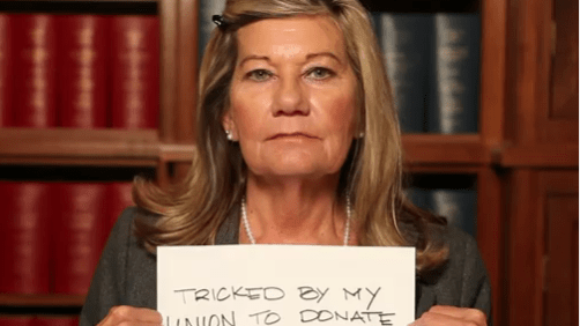Obscene images, urine, punches, blockades -- Philly Unions' Persuasion
Union activists have littered a construction project in Philadelphia with bottles of urine because a new company had the audacity to hire non-union construction workers on a new development project. “We’re going to continue to embarrass the Pestronks [project owners] until they start doing the right thing for our community and our society, and that is pay fair wages and standards that have been established,” said Pat Gillespie, a boss in the Philadelphia Building and Trades Council. Of course, doing the "right thing" means filling the union's coffers. And, apparently, "the right thing for our community and our society" doesn't mean revitalizing a neighborhood as the construction project will do. A statement from the Pestronks' website: "Our dispute is solely with the organized extortion being carried out by the Building Trade Unions management. They are trying to force a majority of non-local workers onto our projects, and force us to pay a huge tax to sustain the Unions’ power structure. The unmatched public defamation of our company, harassment, bullying, vandalism, racism, property damage, and physical assault all add up to EXTORTION by the Philadelphia Building Trades Unions."



